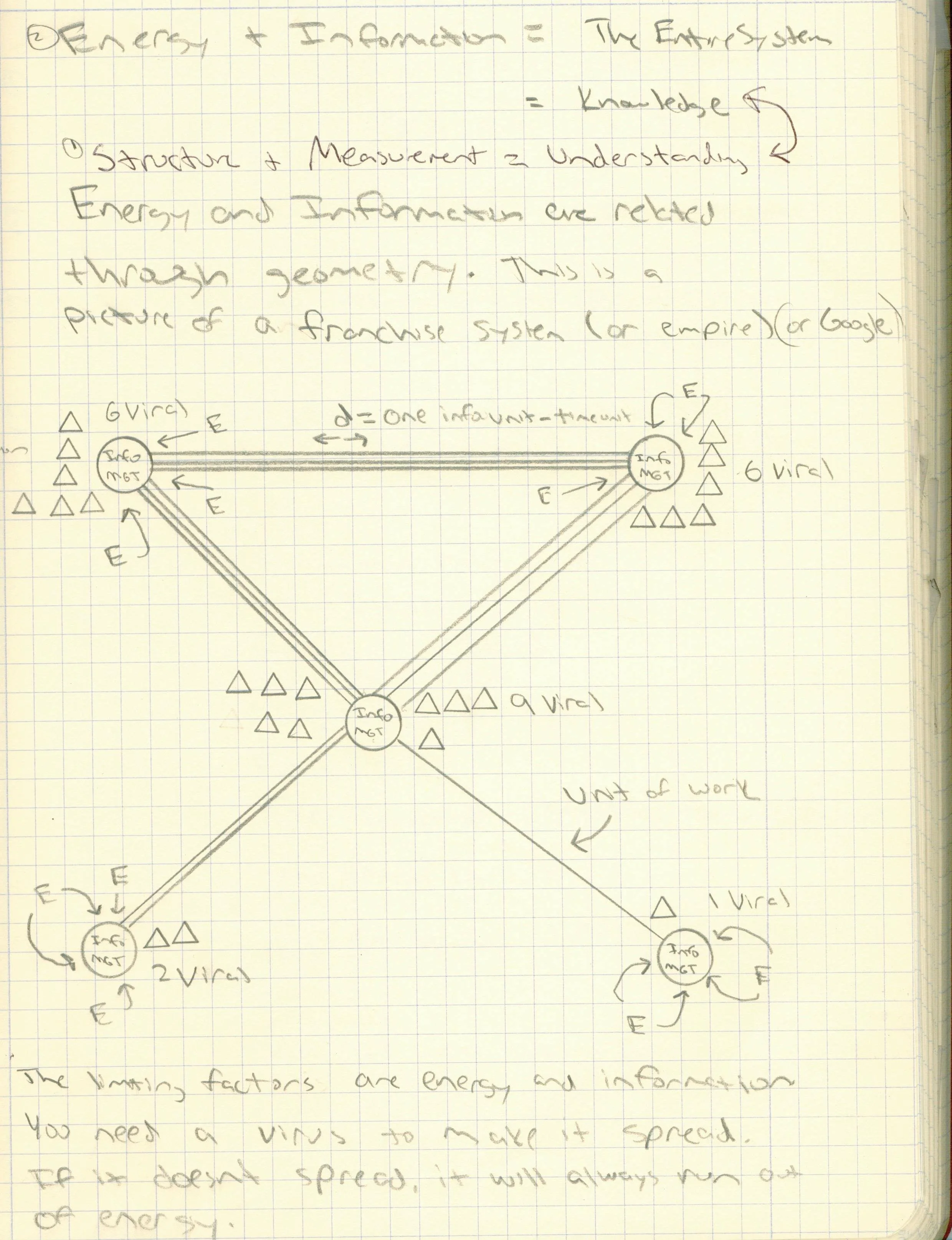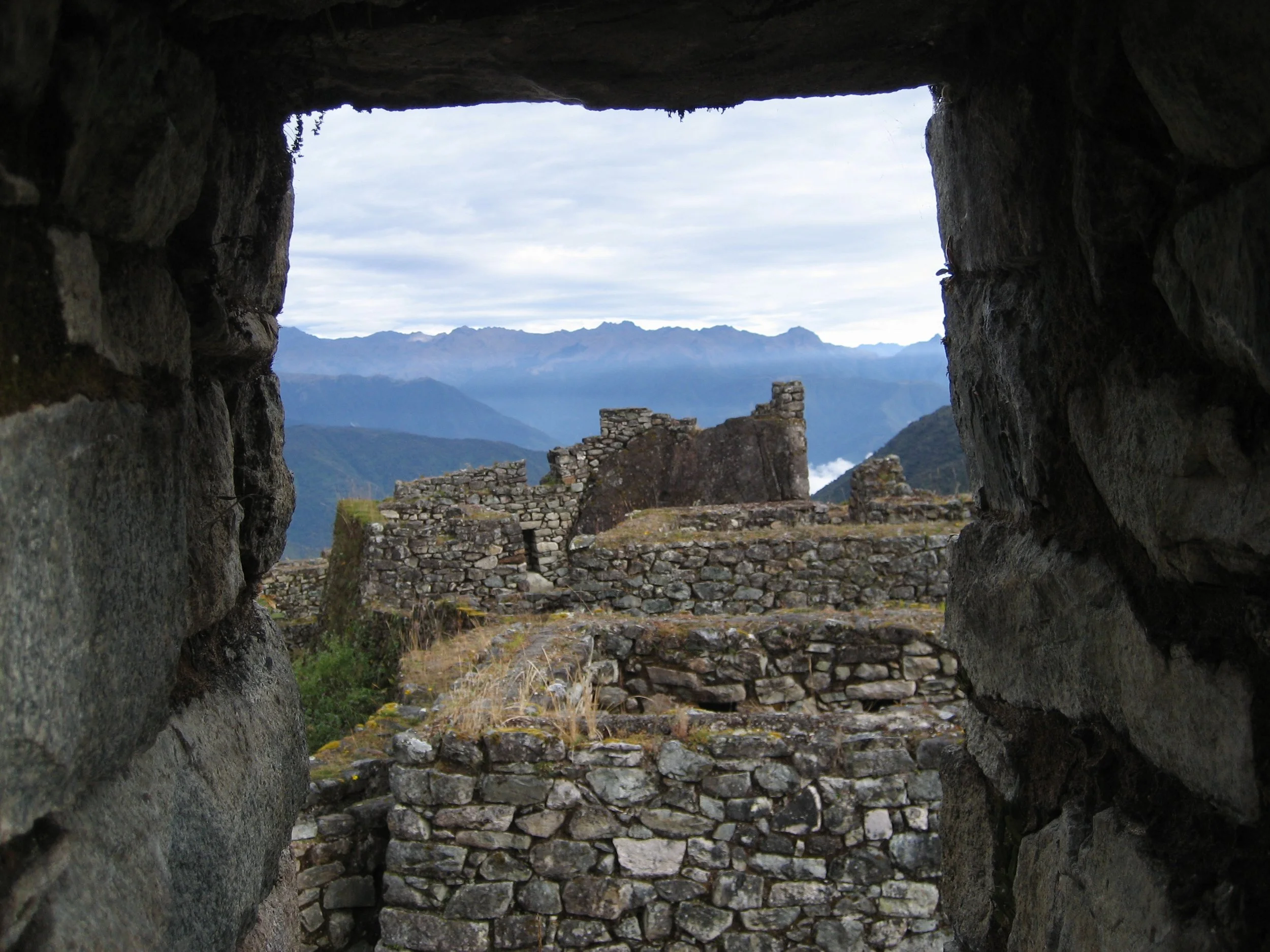Empires: Lesson 25. Architecting a civilization (Distributed, Viral, Nodal, Organic). 2007
Observation
The story illustrates how architectural designs and placements in ancient civilizations were not only about creating structures but deeply intertwined with optimizing information flow, shared values, and connecting people to nature and each other. This concept highlights the significance of considering environmental, social, and functional aspects in design. The author's personal exploration emphasizes how these insights can be applied to modern enterprises like franchises, using the principles of being distributed, viral, nodal, and organic.
The Lesson
Understanding and applying the architectural and societal organization principles of ancient civilizations can offer valuable insights for building efficient, sustainable, and interconnected modern communities and businesses.
How this is helpful
Inspiration: Viewing ancient architectural choices as sources of wisdom.
Connection: Emphasizing the importance of alignment with nature and society.
Strategy: Utilizing historical patterns in modern planning and development.
Questions for Reflection
Purpose: Why did ancient architects design buildings and cities the way they did?
Relevance: How can these old patterns inform our current and future society?
Application: What aspects of ancient wisdom can I integrate into my life or work?




















